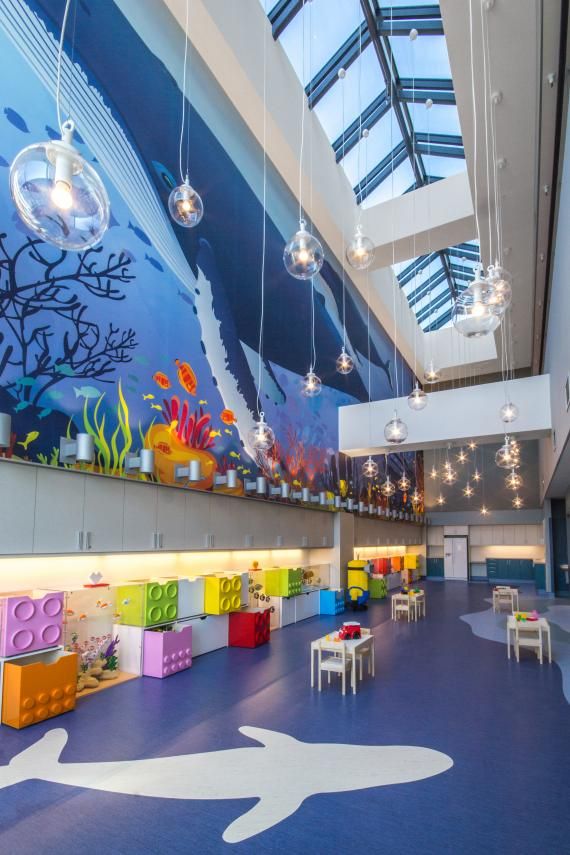As temperatures rise and school doors close for the summer, doctors at the Montreal Children’s Hospital are issuing a stark warning: the season of sun can quickly become the season of injury. Each year, the hospital’s Emergency Department sees over 4,000 children and teens between June and August—many of them for preventable injuries. And for high-density neighbourhoods like Parc-Extension, the risks may be even higher.
According to a recent bulletin from the McGill University Health Centre (MUHC), the most common summer-related ER visits involve drownings, falls from windows and balconies, scooter and bike accidents, and heat-related illness. In some cases, these incidents can lead to permanent disability or death.
A summer surge in a vulnerable borough
Parc-Extension, one of the most densely populated neighbourhoods in Canada, is home to thousands of families living in small apartments, often without air conditioning or access to private yards. For many children, summertime means playing on balconies, sidewalks, and alleyways, which—without proper supervision and safety measures—can quickly turn dangerous.
In fact, MUHC data shows that around 15 children fall from windows or balconies each summer in Montreal, and at least one child per week is treated for a water-related injury. These figures don’t account for the dozens of minor injuries that may go unreported or treated at local clinics.
A call for prevention in Parc-Ex
Community health workers and educators in Parc-Extension are responding to the call with renewed urgency. Several are planning multilingual safety awareness campaigns tailored to the needs of the area’s culturally diverse families.
Local organizations are also preparing free programming this July and August, including:
- Home safety workshops at the CLSC Parc-Extension on how to secure windows and balconies.
- Outdoor hydration stations in collaboration with community centres.
- CPR and basic first-aid classes for parents, offered in multiple languages.
- Helmet and safety gear donation drives for children using scooters and bikes.
The heat factor
Beyond injuries, heat exhaustion and dehydration are emerging as growing threats—especially in neighbourhoods with limited green space and poor ventilation. Health officials recommend that children take frequent breaks in shaded areas, drink water regularly, and avoid physical activity during peak heat hours (11 a.m.–3 p.m.).
For families who cannot afford air conditioning, the borough has opened several cooling zones at libraries, cultural centres, and schools. Parc-Extension residents can also access splash pads and indoor community pools with extended summer hours.
Working together to protect our children
While hospitals brace for the summer surge, many say the most effective intervention happens far before the ER doors. For a borough like Parc-Extension—where many families face language, economic, and housing challenges—prevention isn’t just important. It’s essential.




